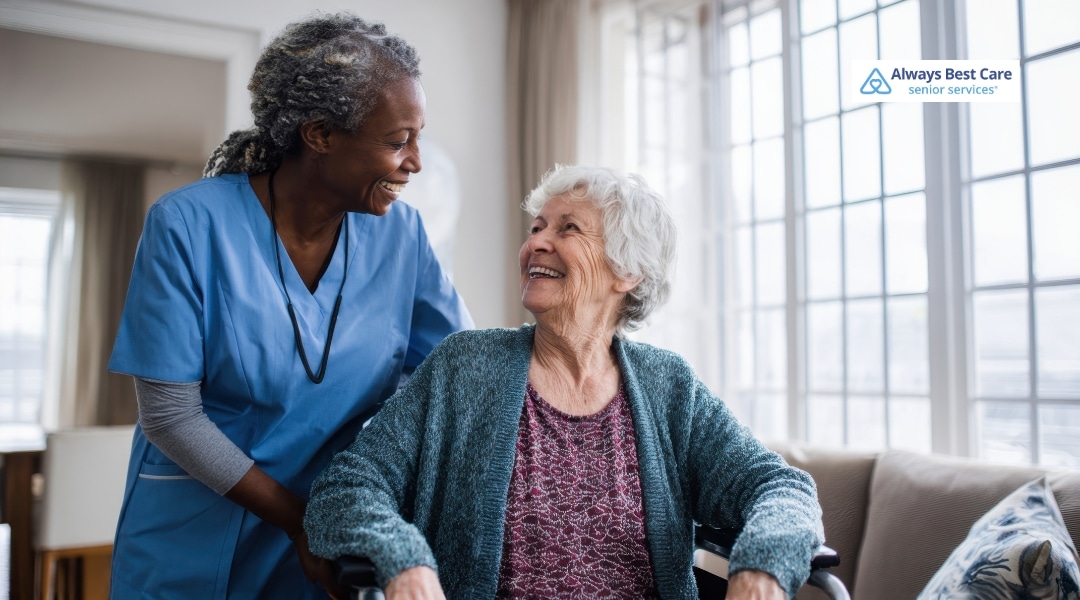Helping Seniors in West Jordan Thrive After Hospital Discharge

Recovering from a hospital stay can be challenging, especially for seniors who may need extra care and support as they transition back home. In West Jordan, ensuring that our older loved ones receive the assistance they need after discharge is crucial to their well-being and quality of life.
From coordinating medical care to offering companionship, a strong support system can make all the difference. By understanding the unique challenges seniors face post-hospitalization, we can help them regain independence, stay healthy, and thrive in the comfort of their own homes.
Table of Contents
Why the Transition Home Matters for Recovery
The period following a hospital discharge is a critical time for seniors. A smooth transition home can significantly impact their recovery, overall health, and quality of life. Without proper support, seniors may struggle with medication management, mobility, or following post-hospital instructions, increasing the risk of complications or readmission.
Ensuring that they have the necessary care, whether through family, caregivers, or community resources, helps promote healing, prevent setbacks, and restore independence. A well-planned transition can mean the difference between a full recovery and prolonged health issues.
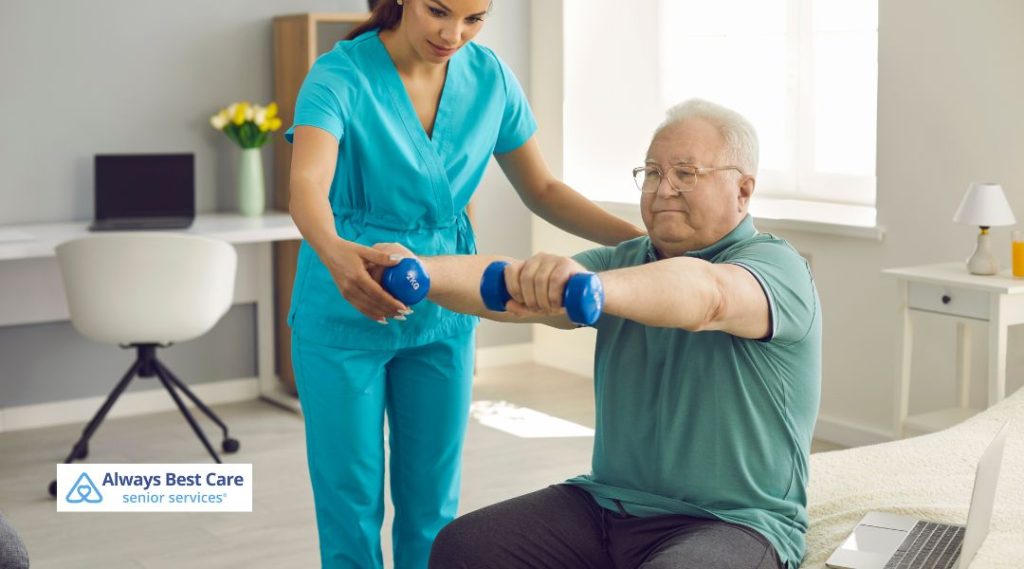
Understanding Post-Hospital Care Needs
After a hospital stay, seniors often require specialized care to aid in their recovery. This can include managing medications, attending follow-up appointments, and adhering to specific rehabilitation plans. Some may need in-home nursing care, while others benefit from assistance with daily activities such as dressing, bathing, and meal preparation.
Emotional support is equally important, as feelings of isolation or anxiety can slow recovery. By understanding these needs and putting a plan in place, families and caregivers can ensure seniors receive the right level of care and attention, helping them regain their strength and independence.
Managing Mobility and Physical Limitations
Regaining mobility after a hospital stay can be challenging, especially for seniors dealing with weakness, joint pain, or post-surgical restrictions. Simple tasks such as standing up, walking, or getting in and out of bed may become difficult, requiring physical therapy or assistive devices like walkers and grab bars.
Encouraging gentle movement and exercises recommended by healthcare providers can prevent stiffness and improve strength over time. Having a caregiver or family member nearby to assist with mobility can make a significant difference, reducing frustration and ensuring safety as seniors regain their confidence in moving around.
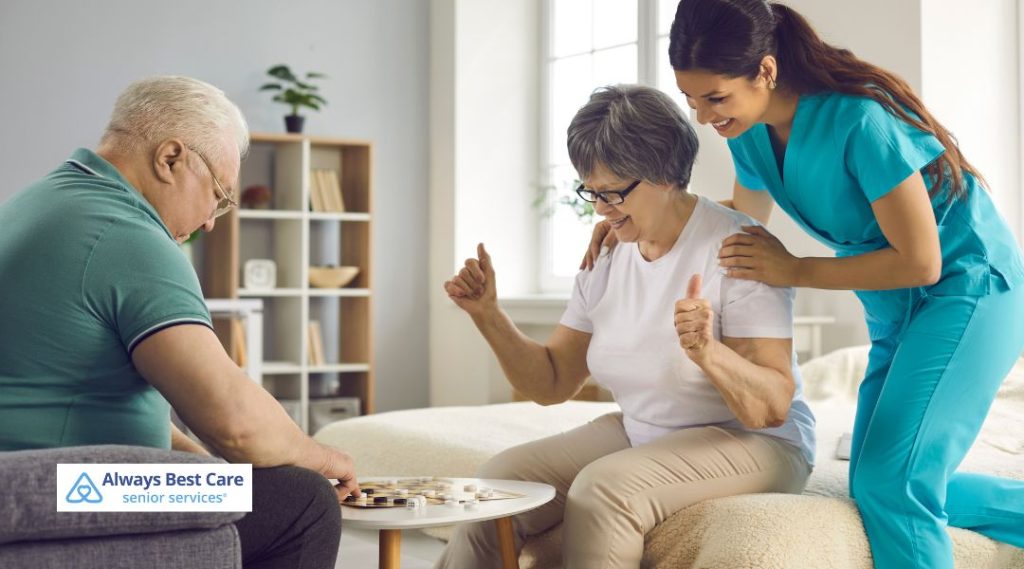
Nutritional Needs for a Speedy Recovery
Proper nutrition plays a vital role in healing after a hospital stay. Seniors recovering from surgery or illness need nutrient-rich foods that support immune function, improve energy levels, and aid in tissue repair. A well-balanced diet with plenty of lean protein, fruits, vegetables, and whole grains can help speed up recovery while preventing complications such as muscle loss or weakness.
Hydration is equally important, as dehydration can lead to dizziness and confusion, increasing the risk of falls. Since cooking and meal preparation can be challenging during recovery, having a support system in place—whether through family, meal delivery services, or community programs—ensures seniors receive the nourishment they need to heal and thrive.
Preventing Falls and Injuries at Home
The risk of falls significantly increases after a hospital stay, making home safety a top priority. Cluttered spaces, poor lighting, and loose rugs can create hazardous conditions that lead to injuries. Simple modifications, such as installing grab bars in bathrooms, using non-slip mats, and rearranging furniture to create clear walking paths, can reduce risks.
Encouraging seniors to wear supportive footwear and use assistive devices when needed also contributes to stability. Regular check-ins from caregivers or family members provide added security, ensuring seniors feel safe and confident as they transition back to daily life.
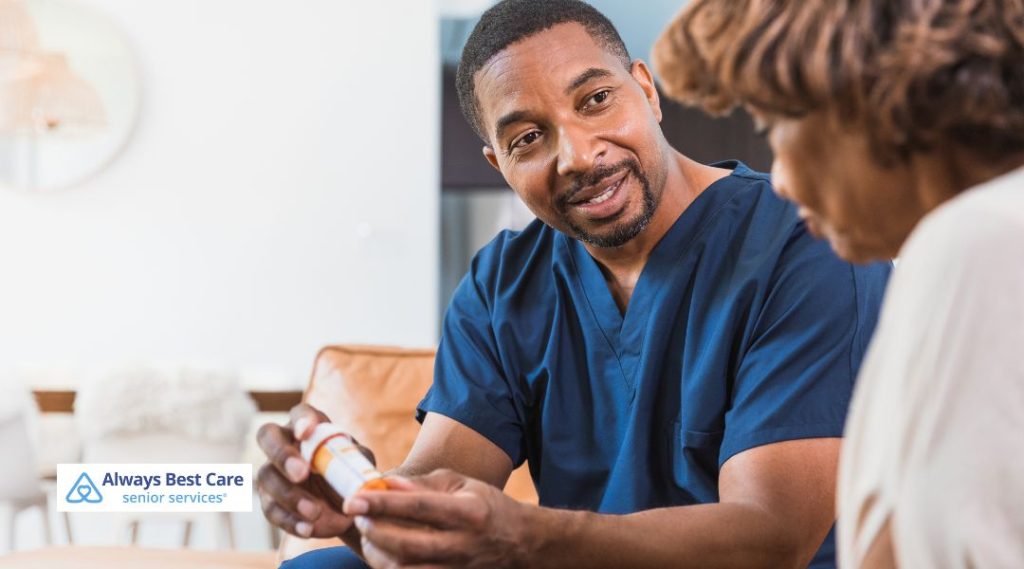
Medication Management for a Safer Recovery
Taking the right medications at the right time is crucial for seniors recovering after a hospital stay. However, managing multiple prescriptions can be confusing, especially when dosages or schedules have changed. Missed doses or incorrect usage can lead to setbacks, complications, or even hospital readmission.
To ensure a safe recovery, it’s important to create a structured medication routine, using pill organizers, reminders, or even pharmacy services that provide pre-sorted doses. Clear communication with doctors and pharmacists is essential to prevent interactions and ensure that medications support healing rather than hinder it.
Optimizing the Home for Safety and Comfort
A well-organized and hazard-free home environment plays a key role in a senior’s recovery. After a hospital stay, even familiar spaces can become challenging to navigate, especially if mobility has decreased. Creating a safe and comfortable space starts with simple adjustments, such as removing tripping hazards, ensuring good lighting, and placing essential items within easy reach.
Installing handrails, grab bars, and non-slip mats in high-risk areas like bathrooms can help prevent accidents. Comfortable seating, an adjustable bed, or a recliner with easy access to essential items can also make daily life more manageable. Thoughtful home modifications not only improve safety but also allow seniors to recover with greater ease and confidence.
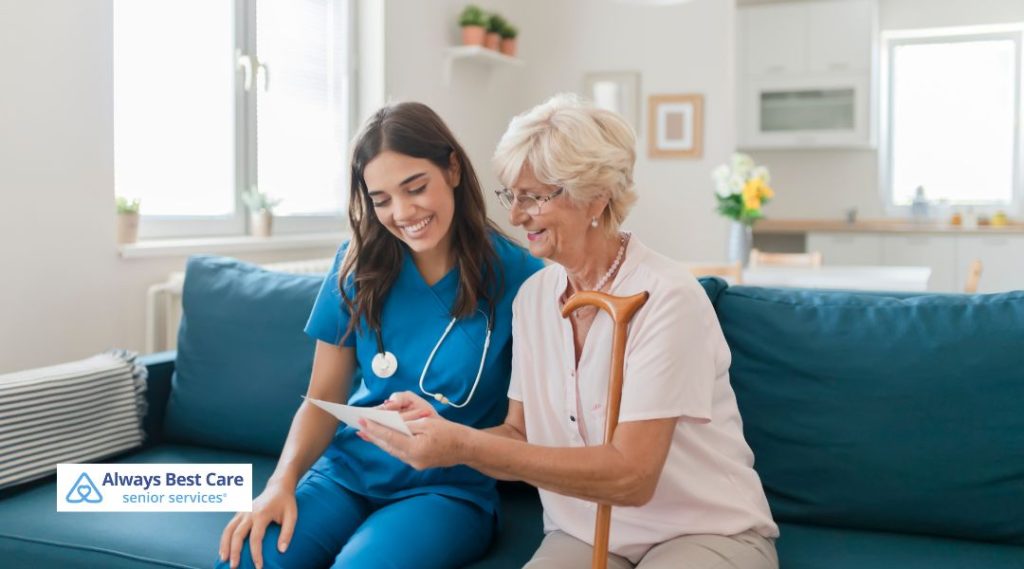
Coordinating Medical Care and Follow-Ups
Ongoing medical care is essential for a smooth recovery, and staying on top of follow-up appointments, therapy sessions, and specialist visits can be overwhelming. Regular check-ups allow doctors to monitor progress, adjust medications, and address any concerns before they become serious.
Coordinating transportation, scheduling visits, and keeping records of medical instructions help seniors stay on track with their recovery plan. Telehealth options can also provide a convenient way to stay in touch with healthcare providers without the stress of frequent travel. By ensuring all aspects of post-hospital care are well-organized, seniors can receive the medical attention they need without unnecessary complications or delays.
How Always Best Care Can Help
Every senior’s recovery journey is unique, which is why Always Best Care offers personalized in-home care tailored to individual needs. Whether it’s medication reminders, mobility assistance, meal preparation, or companionship, our trained caregivers provide the right level of support to encourage healing and independence. We work closely with families and healthcare providers to create customized care plans that adapt to changing needs, ensuring that seniors receive the best possible care in the comfort of their own homes.
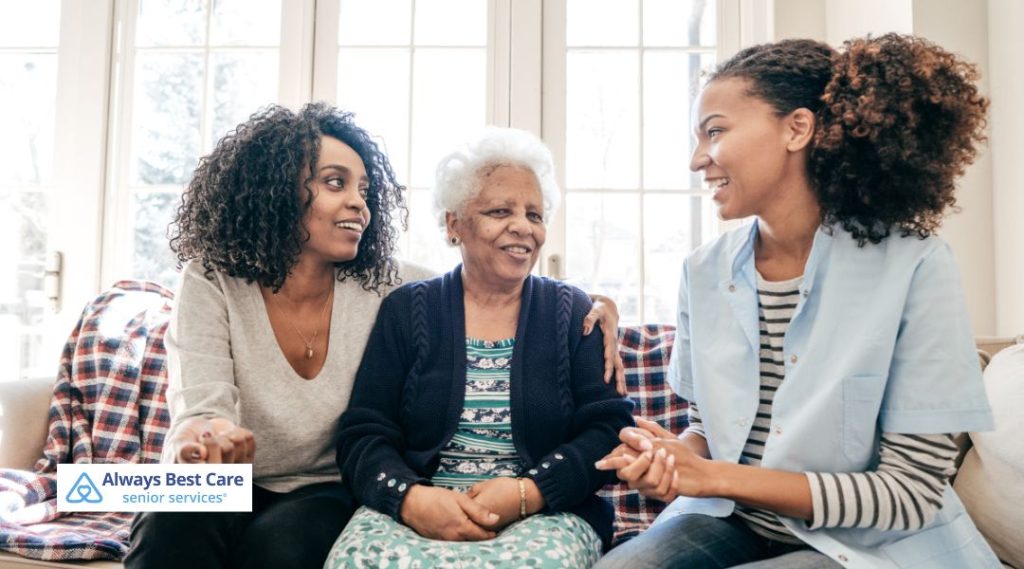
Get the Support Your Loved One Needs With Always Best Care
A successful recovery starts with the right support system, and Always Best Care is here to help.
Contact Always Best Care of West Jordan at (801) 679-2623 to schedule a care consultation and explore how we can assist with your loved one’s recovery at home. Let’s ensure they have the right support for a healthy and successful transition.




